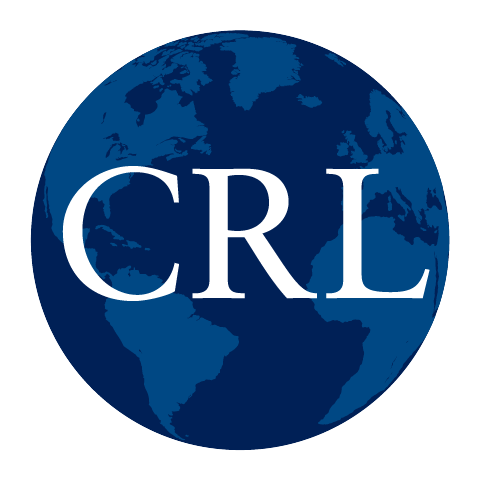Citizenship
Citizenship is a membership and allegiance to a sovereign state.}}Though citizenship is often conflated with nationality in today's English-speaking world, international law does not usually use the term ''citizenship'' to refer to nationality; these two notions are conceptually different dimensions of collective membership.
Generally citizenships have no expiration and allow persons to work, reside and vote in the polity, as well as identify with the polity, possibly acquiring a passport. Though through discriminatory laws, like disfranchisement and outright apartheid, citizens have been made second-class citizens. Historically, populations of states were mostly subjects, while citizenship was a particular status which originated in the rights of urban populations, like the rights of the male public of cities and republics, particularly ancient city-states, giving rise to a civitas and the social class of the burgher or bourgeoisie. Since then states have expanded the status of citizenship to most of their national people, while the extent of citizen rights remain contested. Provided by Wikipedia
-
21Published 1935Dublin : [The Council, -1935]v.“...Irish Citizen Army. Army Council...”
-
22Published 1935Dublin : [The Council, 1935-v.“...Irish Citizen Army. Army Council...”
-
23Washington, D.C. : Public Citizen's Tax Reform Research Group.14 v. : ill. ; 41 cm.“...Public Citizen's Tax Reform Research Group...”
-
24Published 1985[Washington, D.C.] : Public Citizen, 1985.1 v. : ill. ; 28 cm.“...Public Citizen, inc...”
-
25Published 1970[Delhi, Manager of Publications, 1970]17 p. 24 cm.“...India. Study Team on Redress of Citizen's Grievances...”
-
26Published 1954Distributed by the University of Chicago Press, 1954.304 p.“...National Society for the Study of Education. Committee on Citizen Co-operation for Better Public...”
-
27Published 1939Washington : U.S. G.P.O., 1939.1 online resource (5 p.)Also issued in microfiche.“...Citizen Band Potawatomi Indian Tribe of Oklahoma...”
LLMC Digital
Online Resource

